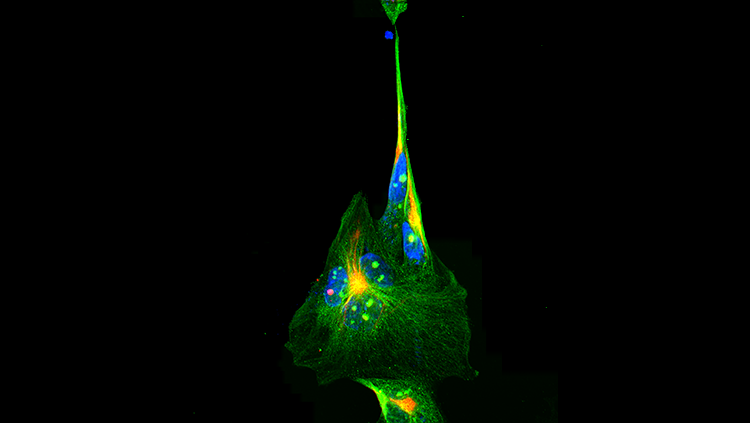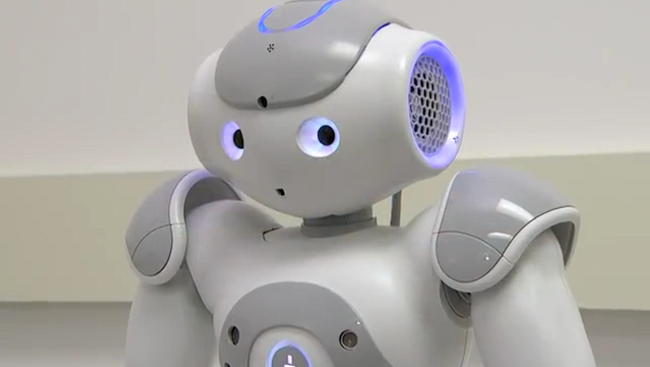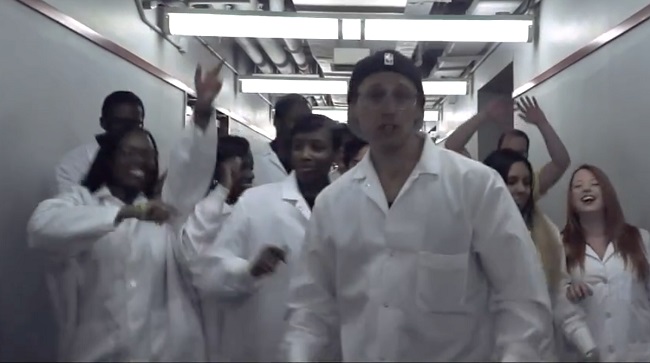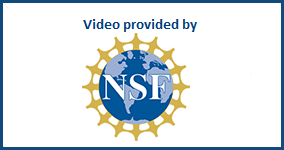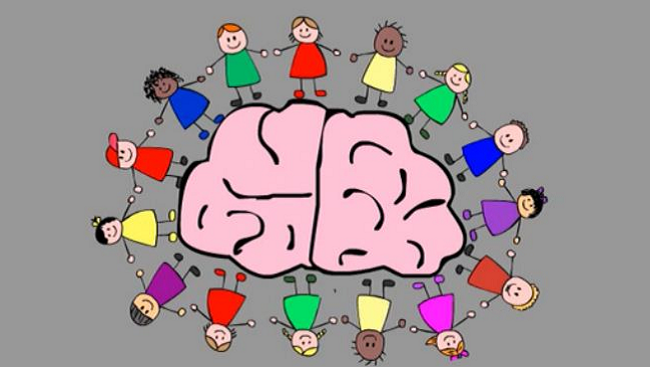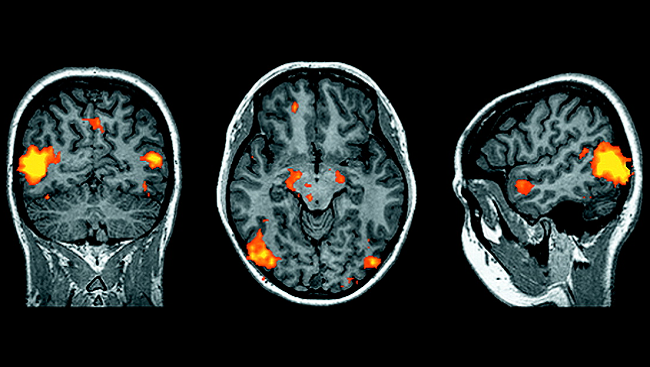Pierre J. Magistretti: A Global Collaborative Approach
- Published20 Mar 2010
- Reviewed20 Mar 2010
- Source BrainFacts/SfN

Pierre J. Magistretti, secretary-general of the International Brain Research Organization (IBRO) and a past president of the Federation of European Neuroscience Societies (FENS).
Q: As IBRO secretary-general, what are your priorities and what are the biggest challenges?
I view as the main priority for IBRO in the coming years to expand and strengthen its role in stimulating the progress of neuroscience worldwide by promoting neuroscience education through activities such as schools, fellowship programs, and workshops. Indeed IBRO’s unique niche is to facilitate access to continuing education and training of the most talented young neuroscientists, especially, but in no way exclusively, from less favored countries. I consider it very important to stimulate such activities at the inter-regional level, thus bringing together neuroscientists from different parts of the world. We should not underestimate this cultural dimension in IBRO’s activities.
I also intend to put a particular emphasis on communication and activities that enhance the visibility of IBRO so that the community can better take advantage of all programs supported by IBRO. In addition, I truly believe that IBRO should be viewed as one of the reference points for neuroscientists around the world, and that its members should share a sense of community and belonging. In this respect, IBRO alumni, who have benefited from the various activities of IBRO such as schools, fellowships, travel grants and return home funding, play a key role and we will support activities that strengthen this sense of community.
Q: You have said public information and education must be a global priority; likewise, SfN sees it is critical to advancing understanding of brain health and disease, as well as sustaining long-term science funding. What is IBRO doing on this front and how can we all do a better job of cooperating on public outreach?
Another priority will be to expand the outreach activities of IBRO worldwide, by inspiring and supporting them and by providing the necessary documentation to facilitate the public understanding of neuroscience. This is an essential activity to establishing a fruitful dialogue with society, the media, and policymakers. I am particularly committed to these activities in which I have now been personally involved for several years, for example as vice chairman of the European Dana Alliance for the Brain. IBRO should ensure that information is available in as many languages as possible, besides English. Here, partnerships with national neuroscience societies, FENS, SfN and with organizations such as the Dana Alliance for Brain Initiatives will be extremely important. Diffusion of information through the Web should be strengthened as it represents an efficient and cost-effective way of diffusion of information.
Q: Asian nations have some of the fastest growing neuroscience communities worldwide. How is IBRO’s Asian/Pacific Regional Committee addressing the needs of the diverse Asian neuroscience communities and helping to strengthen collaboration within the region and across regions? What about Latin America and Africa?—?what do you see as the key opportunities and challenges in those regions?
Indeed, IBRO is organized in regions, including the Asian/Pacific, African, Latin American, but also western, central and eastern Europe as well as North America. Of course there are specific needs that should be met in the different regions of the world. The important issue is to target the educational and training activities supported by IBRO in a way that is appropriate for each situation. For this, it is essential to rely on the knowledge of the local neuroscientists. They are in the best position to assess what is most needed. It would be rather inefficient to apply a centralized model to the diverse situations met around the world, in a one-size-fits-all mode. I think that the regional organization of IBRO catches these differences and facilitates an optimal fit. The cultural dimension is extremely important.
Q: As SfN’s international membership continues to grow, SfN is taking steps to better serve its members around the world. Yet there are many critical roles to play at the local, national, and transnational levels and many organizations working to serve them. How can IBRO, FENS, national societies, SfN, and other groups best coordinate and cooperate to advance the field? Are there specific ways that IBRO, FENS, and SfN can help national societies play their essential advocacy role at the national government level?
I think that a collaboration between the organizations that you mention is very desirable. This should happen at the highest level of the organizations. Indeed, each organization has specific strengths to bring to the table. Public understanding of neuroscience is an ideal topic for collaboration. Possibly an international task force with members from SfN, IBRO, FENS, and organizations such as DANA could work together and enhance the visibility of the existing resources and develop new ones. Ethical issues could also benefit from coordinated initiatives, as the joint position of several organizations on a given issue will carry considerable weight with policymakers around the world.
CONTENT PROVIDED BY
BrainFacts/SfN


